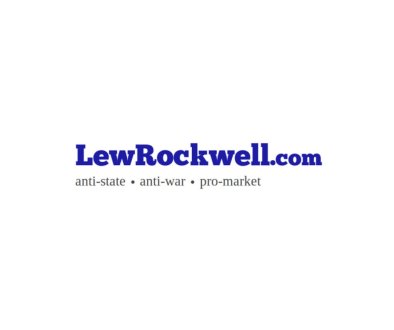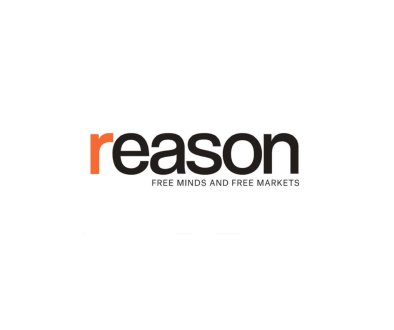Setting the Wayback Machine to 1995: “Cheap Speech and What It Will Do”: Music: The New System
[I thought it would be fun to serialize my 1995 Yale Law Journal article “Cheap Speech and What It Will Do,” written for a symposium called “Emerging Media Technology and the First Amendment.) Thirty years later, I thought I’d serialize the piece here, to see what I may have gotten right—and what I got wrong.]
[1.] The new distribution technology will do more than just make music cheaper and easier to get. It will also radically change what music is available.
I’ve already mentioned one way this will happen: The music databases will provide access to albums that stores otherwise wouldn’t stock. Even if there are 50,000 fans of a particular kind of music throughout the country, a music store might expect there to be only a handful of these people among its customers. It can’t afford to use shelf space for material that so few people want. But electronic databases can carry even albums that appeal to only a tiny fraction of the market. The result will be more diversity for the listeners (even if not all of them take advantage of this diversity).
But electronic home distribution will do more than eliminate the bottleneck of music stores. It will also greatly reduce the power of the music production companies (the “labels”).
Electronic distribution will drastically lower up-front costs. Even today an artist can make a commercially viable master recording relatively cheaply. With electronic distribution the cost will be even lower-once the master is made, there are no tangible copy production, distribution, or sales costs. An artist will no longer have to persuade a production company that his product is worth the investment. He’ll be able to create it and submit it to the electronic databases himself; and once it’s in the databases, the work will be as available as if it were in every music store in the country.
Many artists will probably still prefer that someone else pay for recording and editing the album, especially if they want a more-frills recording, and they’ll probably like to have someone invest in advertising. Labels will thus still survive, and the artists will still have to persuade the labels that their works will sell enough to justify investment.
But the needed investment will be much less than it is today. Less money will have to be recouped for production expenses, so the labels will be more willing to back material that they think has a small audience. Even if no one is willing to invest, the artist could still pay for the recording himself, go without advertising, and hope it sells through word of mouth, good reviews, or radio play (especially through custom-mix radio, which I describe below). Advertising is better for the artist than no advertising; but no advertising on the infobahn is still better than the current system, where without a label an artist essentially can’t make the music available to the public at all.
[2.] The great obstacle to consumers getting what they want will no longer be that there are too few products available; it will be that there are too many. The new system, by reducing barriers to entry, w
Article from Reason.com

The Reason Magazine website is a go-to destination for libertarians seeking cogent analysis, investigative reporting, and thought-provoking commentary. Championing the principles of individual freedom, limited government, and free markets, the site offers a diverse range of articles, videos, and podcasts that challenge conventional wisdom and advocate for libertarian solutions. Whether you’re interested in politics, culture, or technology, Reason provides a unique lens that prioritizes liberty and rational discourse. It’s an essential resource for those who value critical thinking and nuanced debate in the pursuit of a freer society.




